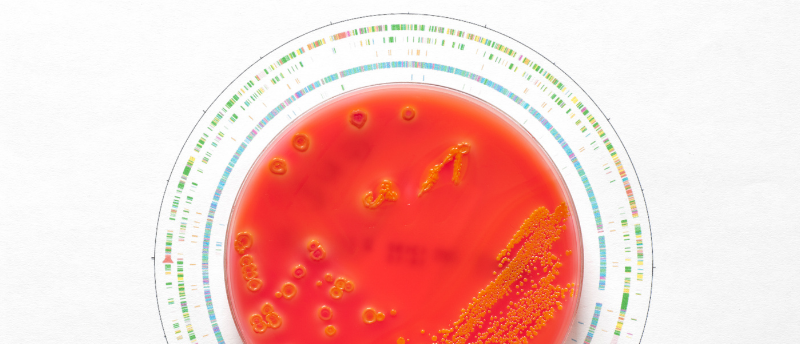Rebuilding evolutionary success: using multiplex, trackable genome engineering to enhance microbial adaptive laboratory evolution experiments

Adaptive laboratory evolution (ALE) is a powerful approach to leverage biology’s evolutionary capacity to develop strains that thrive in challenging growth environments, with applications to biotechnology, bioproduction, and biochemical discovery. However, ALE experiments can be laborious, time consuming and prone to technical challenges.
New technologies capable of rapidly recapitulating discovered mutations or programming new diversity could benefit ALE experimentation by accelerating the experimental workflow and providing access to greater genetic diversity. The Inscripta™ Onyx™ technology addresses such needs by performing genome-wide and trackable CRISPR editing at scale in an automated benchtop device. This workflow can greatly enhance ALE experiments with a precision-engineered, diversified populations.
In this Application Note, you will learn about:
- Using the Inscripta Onyx technology to precisely recapitulate a library of 372 previously described ALE mutations
- Results of growth experiments under p-coumaric acid or isobutyric acid selective pressure using a library of 620 deletions, frameshifts, and insertions
- Enhancing starting diversity of the ALE strains to accelerate discovery
And much more!
This content was provided by Inscripta.